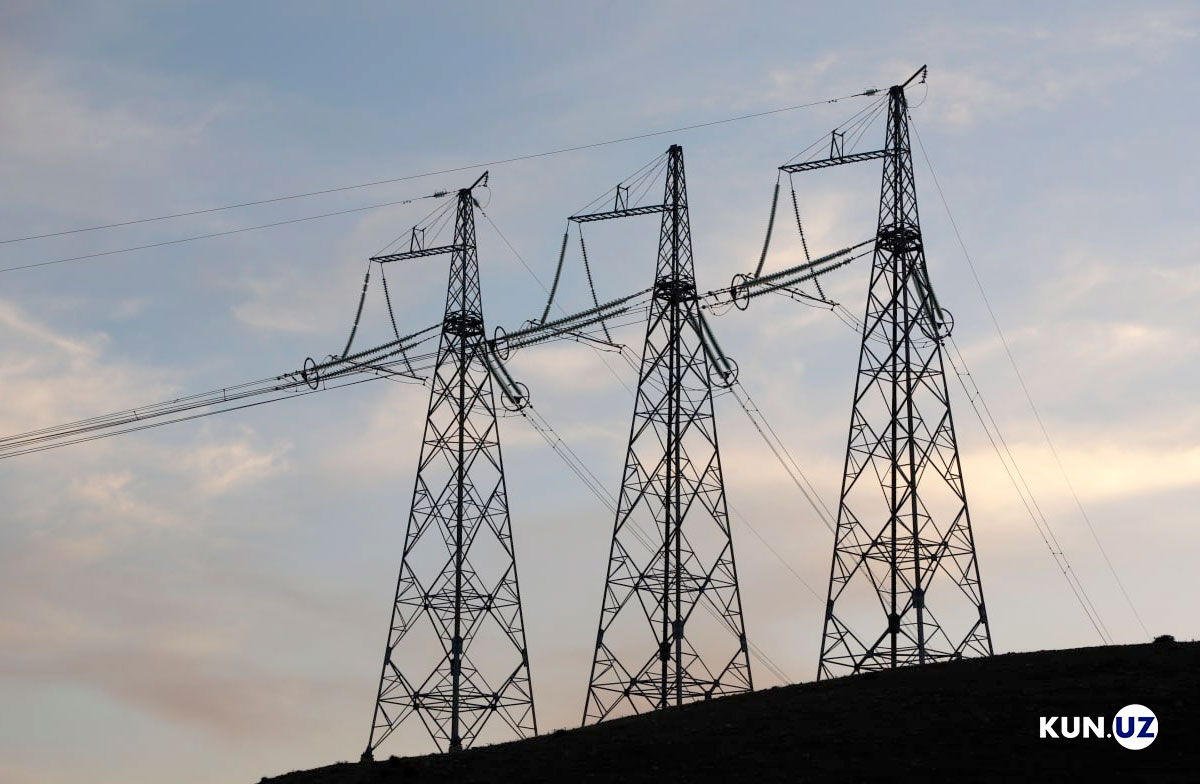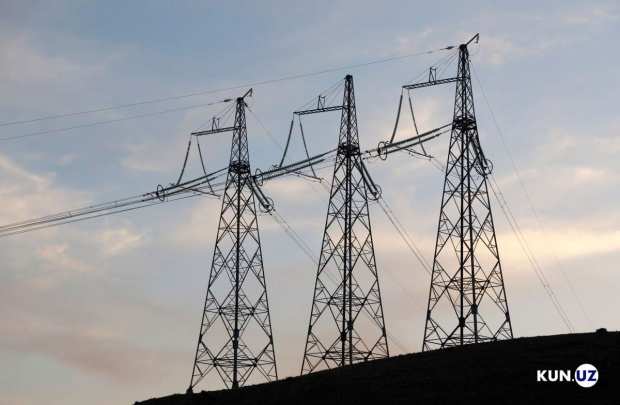Uzbekistan's power consumption hits new peaks due to extreme heat
Due to the ongoing anomalous hot weather, the demand for electricity increased by 16.5 million kWh or an average of 7.1% over the week. On July 25 at 3:47 PM, electricity consumption in Uzbekistan’s energy system reached 11,822 MW. This figure marks the absolute historical record for the summer period.

Photo: Kun.uz
On July 25 and 26, historical record figures were updated in the energy system of Uzbekistan, according to the Ministry of Energy.
Reportedly, on July 25 at 3:47 PM, with an air temperature of +39.7 degrees Celsius (in Tashkent), electricity consumption in Uzbekistan's energy system reached 11,822 MW. This figure is the absolute historical record for the summer period and is 343 MW more than the highest consumption recorded on July 28, 2023 (+40 degrees Celsius).
Additionally, on July 26, the maximum daily summer electricity consumption reached 253.3 million kWh, which is 0.9 million kWh more than the maximum consumption on July 28, 2023.
In Tashkent, on July 26 at 2:27 PM, the absolute historical record consumption reached 1,705 MW. This is 97 MW more than the maximum consumption observed on July 27, 2023 (+40.1 degrees Celsius).
Due to the anomalous temperatures causing a decrease in the throughput capacity of overhead and cable power transmission lines, extreme loads were recorded in specific power grid facilities in the capital (from 11:00 AM to 5:00 PM). To prevent the development of systemic accidents and avoid massive uncontrolled outages for consumers in the capital, short-term temporary restrictions were required for Tashkent consumers.
"We ask consumers to understand the importance of these necessary measures, which involve briefly cutting off electricity to prevent large-scale malfunctions in the network that would require significant time to repair," the Ministry’s report stated.
It was noted that during daytime hours, the energy system currently has a reserve capacity of 1,300 MW, with nearly 1,900 MW or 16% of the consumption demand being met by solar photovoltaic plants.
Related News

15:40 / 25.02.2026
One third of Uzbekistan’s main power grids outdated – President Mirziyoyev orders faster modernization

12:37 / 25.02.2026
Gas issues overtake electricity as top energy complaint in 2025

18:53 / 23.02.2026
Uzhydromet issues avalanche warning for mountainous regions across Uzbekistan

18:57 / 19.02.2026




